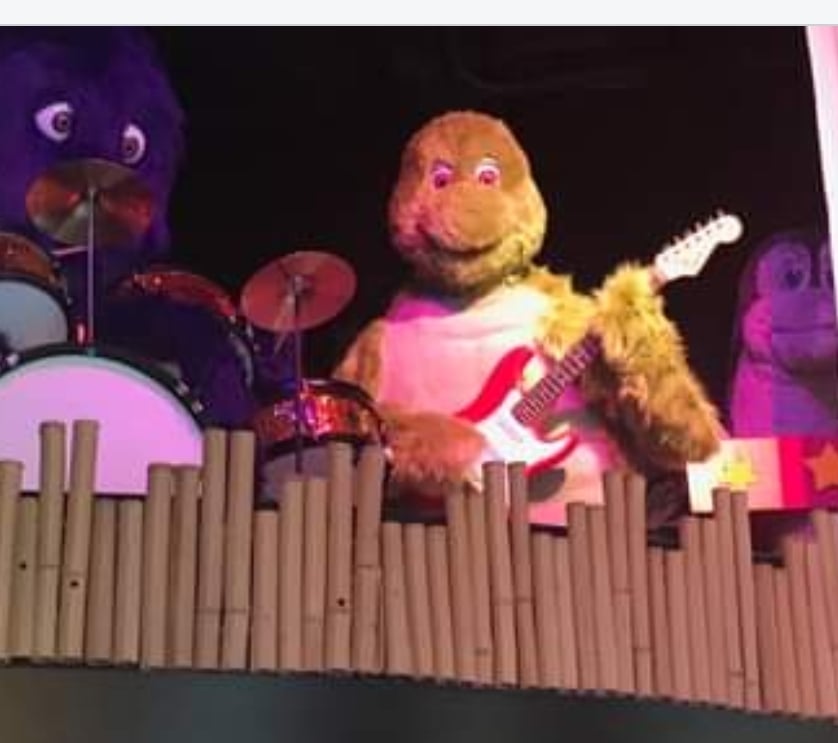The lawsuit calls for the coffee chain to end its “unfair and deceptive” trade practices and argues that the company is aware of the child and forced labor on some of its supplier farms.
A consumer advocacy group is suing Starbucks, the world’s largest coffee brand, for false advertising, alleging that it sources coffee and tea from farms with human rights and labor abuses, while touting its commitment to ethical sourcing.
The case, filed in a Washington, D.C., court on Wednesday on behalf of American consumers, alleges that the coffee giant is misleading the public by widely marketing its “100% ethical” sourcing commitment on its coffee and tea products, when it knowingly sources from suppliers with “documented, severe human rights and labor abuses.”
“On every bag of coffee and box of K-cups that Starbucks sells, Starbucks is heralding its commitment to 100% ethical sourcing,” said Sally Greenberg, CEO of the National Consumers League, the legal advocacy group bringing the case. “But it’s pretty clear that there are significant human rights and labor abuses across Starbucks’ supply chain.”
Aaaaaannnnnnnd they just made enough money to cover the fines.
Who in the blue hell is shopping at Starbucks and expecting ethics and morality?
More like going to Starbucks because it’s there and hoping they’re not doing this.
I’m presuming the suit is more of a public relations attack to point out these abuses than it is to correct Starbucks for whatever oversight they screwed up. Which is a good idea - I mean, we just read it now.
We all know the government is not going to enforce ethics, so smearing their reputation is the best we’ll get anyways…
Shocked! Shocked I tell you! No, not really.
FYI, all Starbucks brand coffee sold outside of actual Starbucks stores is actually Nestle, which is definitely unethically produced.
Did anyone really believe starbuck was using ethical sourcing ?
Most numbers I have seen report the percentage of humanity that believes in at least one supernatural thing to be around 95%. So I think it is reasonable to conclude that some people believed Starbucks was using cough… ethical…cough sourcing.
Is “ethical” even a protected word with a legal definition?
Or is their defense just going to be “we really believe this is ethical, and we are allowed to say what we believe”?
The only way to prevent this is to stop drinking Starbucks. I know that sounds blasphemy for a lot of people because apparently they are required to drink it on a daily basis for some reason, but you actually have the choice to never consume it.
I don’t get it. It isn’t like it’s cheaper than going to a local shop, so just go to a local shop.
Only local shop within walking distance of my house is 1: a much further walk, like 3 miles round trip instead of 1 mile round trip, and 2: a place that stayed open during lockdown and became all weird and fuck-the-government about it, so it’s kinda tough.
Plus I’ve gotten to know a lot of the staff at the local Starbucks by name, because during the warmer months I frequently walk my dog there to get a pup cup.
Consumers are all about consistency. You can have a worse product as long as it is consistent every time. Ordering process being consistent is also important. That is partially why Starbucks pushes their terminology. The terminology also creates a feeling of being in a group and makes it more difficult to order at other places. Then add in gamified reward programs and a good phone app. Starbucks makes it difficult for local places to compete even with a better overall product.
It’s hard to imagine, but in several places around the continent there aren’t local shops. In even more there aren’t local shops that are near where people are going. There should be - if we could Patreon up some kinda national chain of local shop coffees that’d be great but that’s essentially what Starbucks did in the 90s the olde fashioned way.
Not defending Starbucks at all in any way here, but as an unrelated aside it’s hard to remember that in most places in America there was a time before Starbucks when coffee was just pretty bad tasting everywhere. You could doctor it up with sugar or whatever if you had to, but there weren’t espresso drinks. it was urn-percolated or pour-over coffee and that was it. Like tea - lots of water. There was “good” coffee from places and then the rest. The alternate reality we live in now where espresso drinks are the norm is kind of great in one sense. Anyway - not related to Starbucks doing awful corporate things for which they should be roundly rejected.
The option exists to not consume coffee at all.
Or make it at home.
And I’m glad the boycotts are hitting them ever harder.
I find it telling but all too sad that it’s okay to use unethical sourcing but it’s wrong to lie about it.






